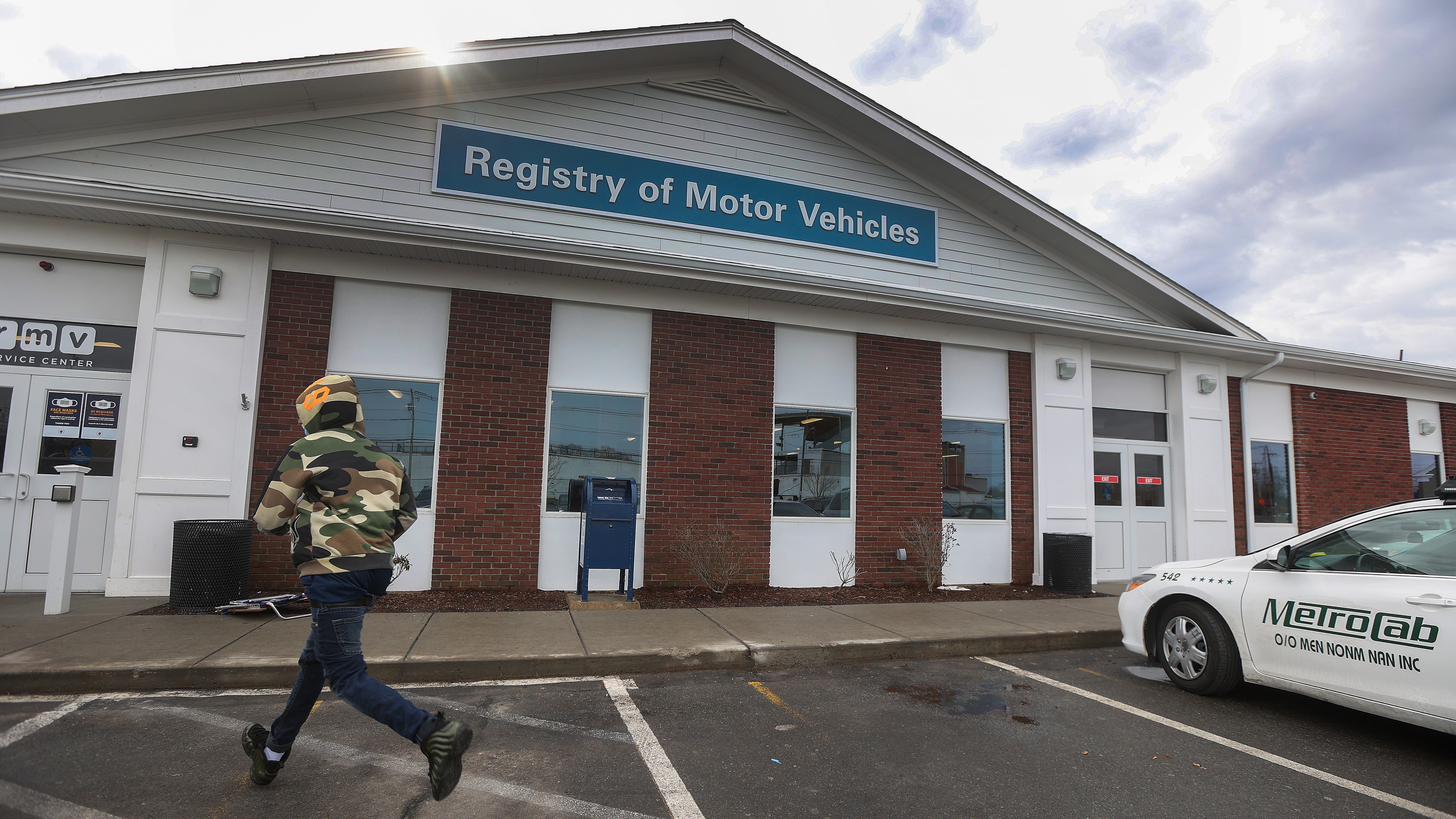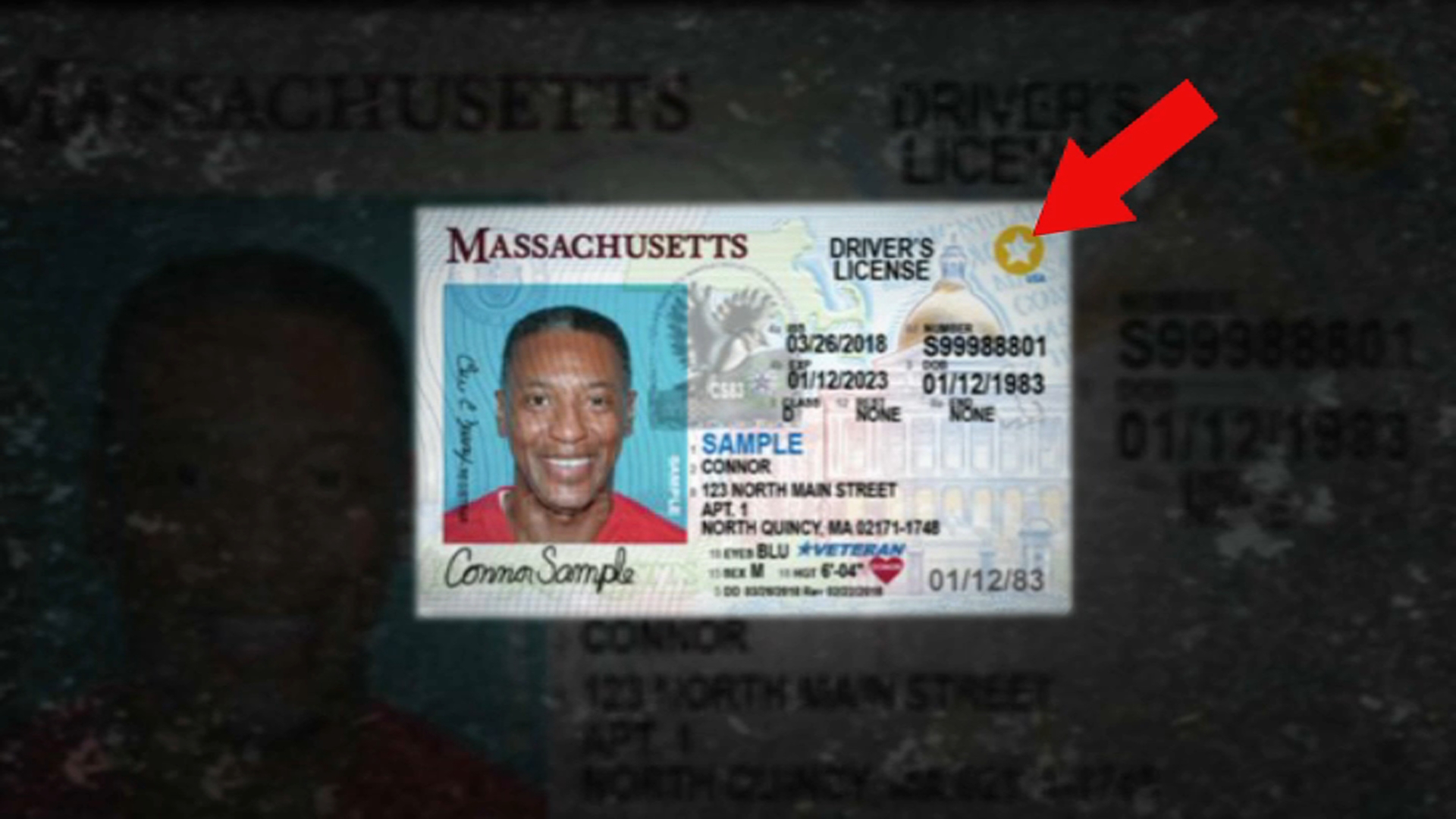A bill that would allow immigrants in the country illegally to obtain state driver's licenses in Massachusetts was approved by the Massachusetts House on Wednesday over the veto of Republican Gov. Charlie Baker.
The 119-36 vote means the bill now heads to the Massachusetts Senate, which could also vote to override Baker's veto as early as Thursday, according to a spokesperson.
If the Senate can muster the needed two-thirds majority in favor of the proposal, as expected, the bill will become law despite Baker's objections. Democrats have overwhelming majorities in both chambers.
Sixteen states and the District of Columbia already have similar laws.
Baker has long opposed the idea of allowing those in the country illegally to obtain driver's licenses, saying it would require the Massachusetts Registry of Motor Vehicles to issue state credentials to people without the ability to verify their identity.
"Consequently, a standard Massachusetts driver's license will no longer confirm that a person is who they say they are," he added in a letter to lawmakers last month explaining his veto.
Both chambers had initially passed the measure by margins wide enough to override a Baker veto.
Under the proposal, those in the country illegally could apply for a driver's license if they can provide the Registry of Motor Vehicles with a foreign passport or consular identification document.
The people would also have to provide one of five additional documents: a driver's license from another U.S. state or territory; a birth certificate; a foreign national identification card; a foreign driver's license; or a marriage certificate or divorce decree from any U.S. state or territory.
Supporters of the bill, including Democratic Sen. President Karen Spilka, say the measure would make driving safer in Massachusetts by requiring immigrants to show they can properly operate a car and that they have obtained the needed insurance in the event of an accident.
"We are a nation of immigrants, and our Commonwealth continues to be profoundly and positively shaped by immigrants from all over the world," Spilka said in a written statement last month after the bill passed the Senate and before Baker's veto. "They deserve to be able to safely get to work and school, care for their families and participate in the lives of their communities."
Other supporters of the legislation call it historic, saying it will allow tens of thousands of people to get around legally.
“It’s essential for families to do the things they need to do on a daily basis,” said Laura Rotolo of the ACLU. “If they can’t do that legally, everyone suffers.”
To get a license, certain documents will still be required.
“In order to even get an application for a driver’s license as a non-status person you need a passport or a letter of nationality from your country of origin,” said Democrat and Speaker of the House Ron Mariano.
But critics say that could lead to fraud and doctored paperwork.
“I can see someone who is lying about who they are now having a Massachusetts license that shows they’re somebody else,” said Republican Steven Xiarhos, representative from Barnstable.
And the governor has suggested that the bill could lead to illegal voting, one of the reasons he vetoed the legislation, by restricting the registry's ability to share citizenship information with entities responsible for ensuring that only citizens register for and vote in elections.
"This bill significantly increases the risk that noncitizens will be registered to vote," Baker added.
“Those concerns have been debunked,” countered Rotolo.
If approved by the Senate, the proposal would take effect July 1, 2023.



